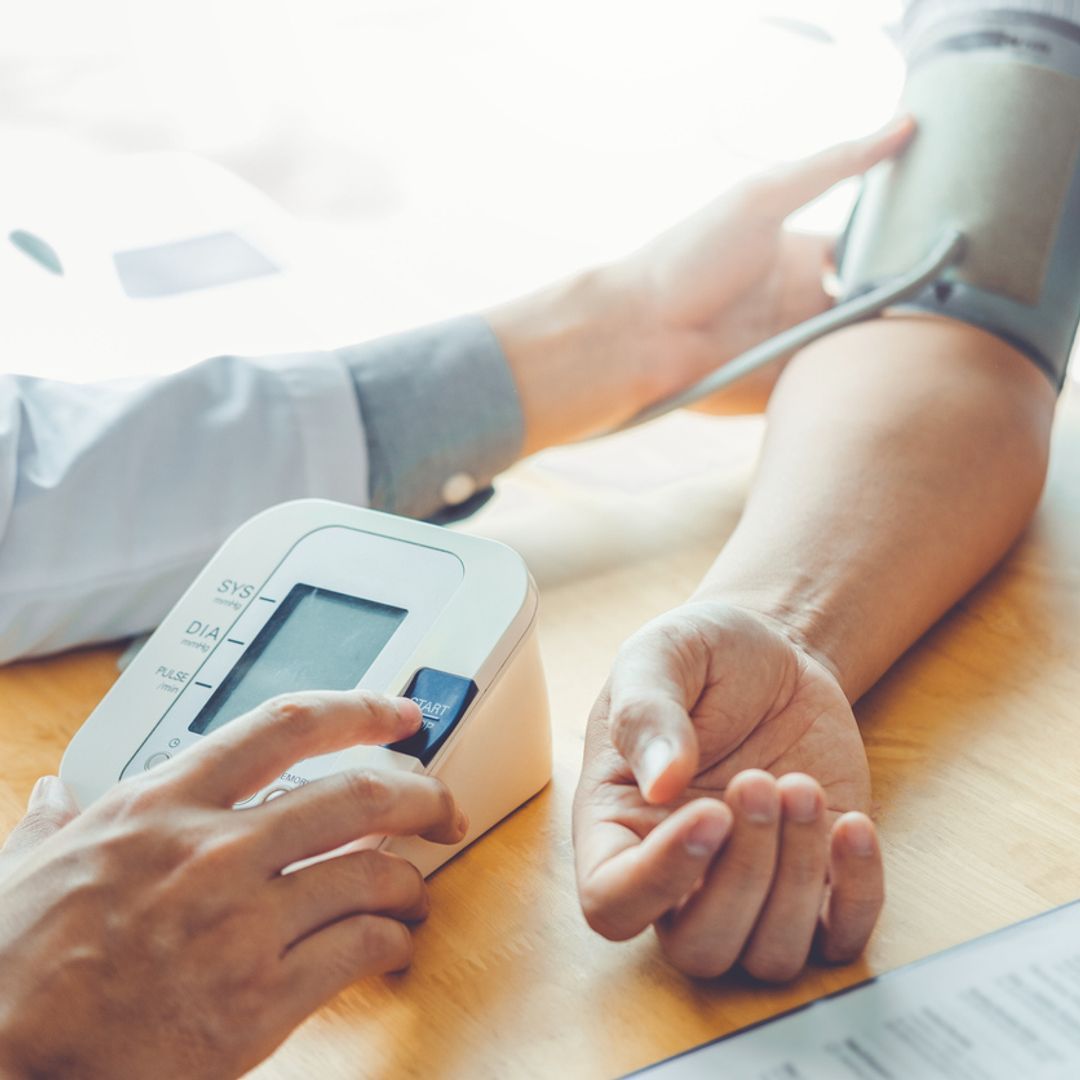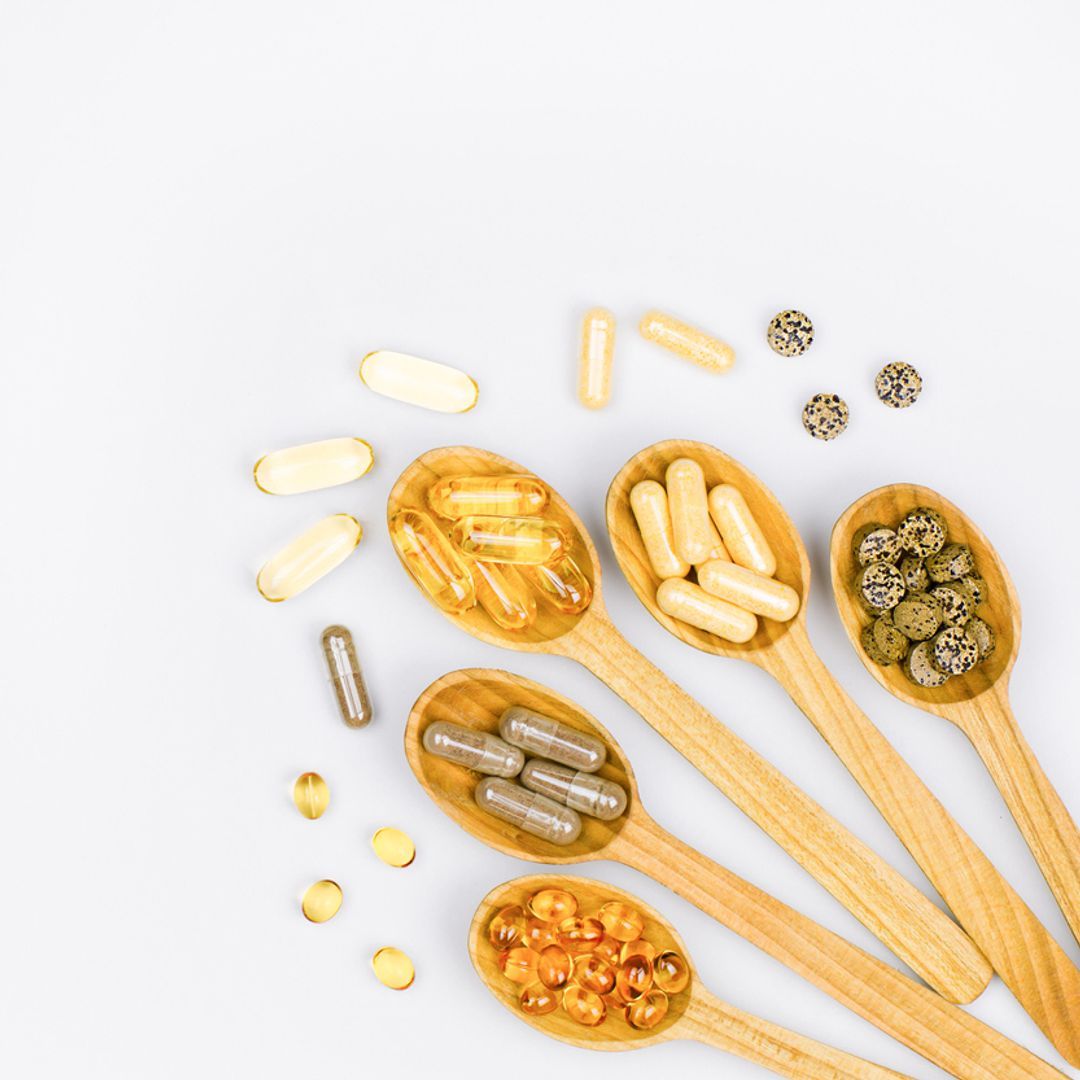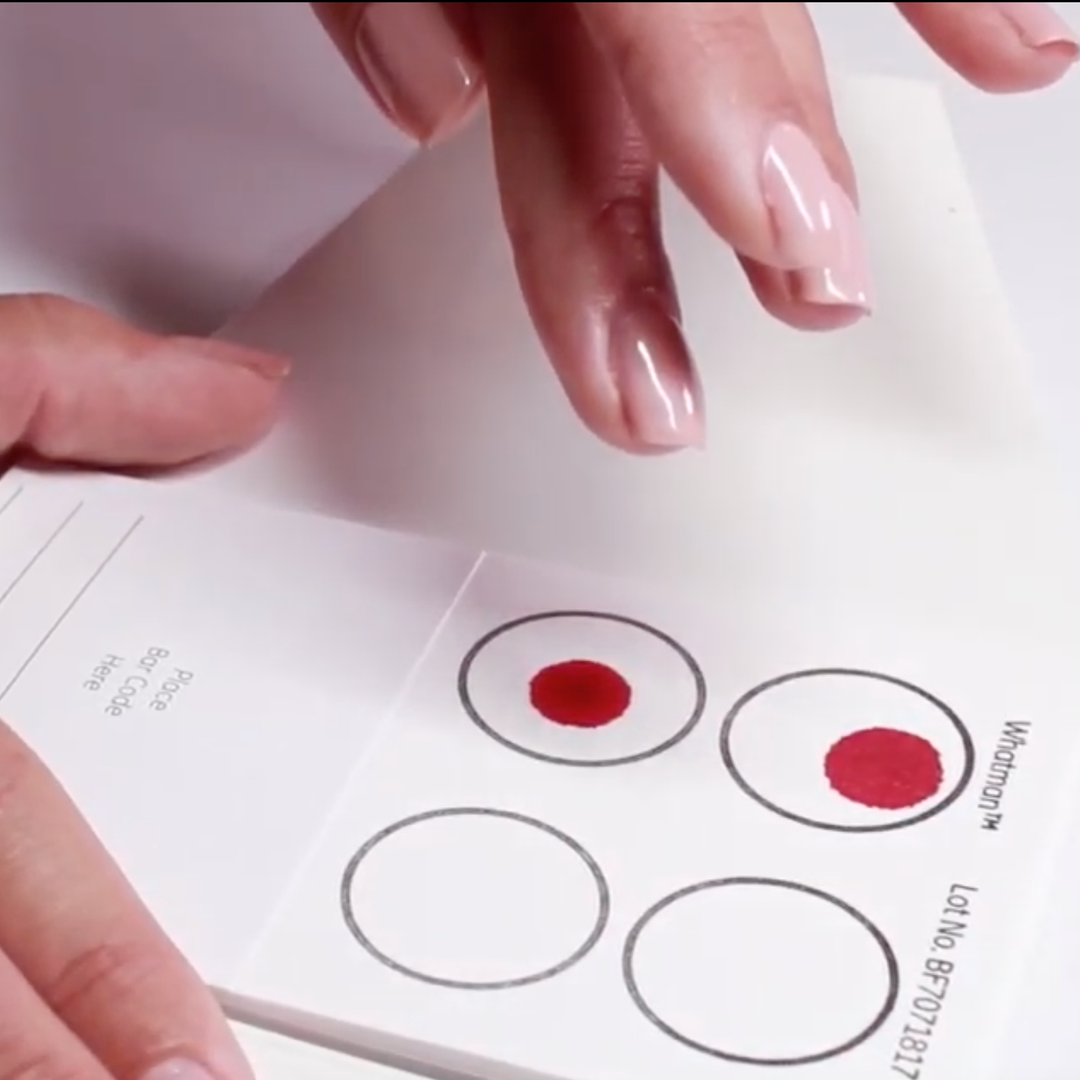Key points
- Resveratrol is a well-known anti-ageing supplement, but scientists around the world still haven’t come to a consensus regarding its effectiveness.
- Early studies of resveratrol suggested that this supplement may help to extend the lifespan of a variety of organisms such as yeast, worms, flies, and mice. However, later research debunked this effect.
- However, numerous recent studies suggest that resveratrol may have a variety of positive effects on animal and human health. For instance, this compound may help with the treatment of diabetes, cancer, hypertension, neurological disorders, etc. However, a lot more research is needed before a conclusive ruling regarding this supplement can be made.
- Some people still decide to take resveratrol supplements or adjust their diet to include resveratrol-rich foods. If you decide to try resveratrol, we suggest using GlycanAge testing kits to determine your biological age and assess how resveratrol affects it.
If you’re interested in longevity, biohacking, and science-based health and wellness practices, you’ve most likely heard of resveratrol before. Resveratrol is one of the most hyped-up anti-ageing supplements available on the market today, and many people take it daily in the hopes of improving their health and increasing their lifespan. But this supplement also has a lot of controversies surrounding it. While some scientists claim that it’s a great remedy for longevity, others say that resveratrol is just a fad that doesn’t have any positive effects on human health. So who should you believe? We will look into the controversies surrounding this molecule, explain its potential health benefits, and try to uncover the truth about resveratrol in this article.
What is Resveratrol?
 Resveratrol is a chemical compound found in a variety of plants, including berries, grapes, and peanuts. This molecule is generally concentrated in the skin and seeds of fruits and berries. It’s also found in red wine, which is made by fermenting whole grapes with seeds and skin.
Resveratrol is a chemical compound found in a variety of plants, including berries, grapes, and peanuts. This molecule is generally concentrated in the skin and seeds of fruits and berries. It’s also found in red wine, which is made by fermenting whole grapes with seeds and skin.
The Complicated History of Resveratrol Research
In the past two decades, resveratrol has been extensively studied in both animal models and human clinical trials with mixed results. In this section, we will go over the history of resveratrol research to help you understand why scientists and consumers are so conflicted about this supplement.
The promising start of resveratrol
The history of research regarding resveratrol as an anti-ageing supplement started in the late 1990s and early 2000’s when several research studies, such as the 1999 paper written by Kaeberlein et al., showed that an increase in the amount of sirtuin signalling proteins, specifically SIR2, significantly increased lifespan in yeast [1]. Unlike yeast, mammals have seven different sirtuin genes, and SIR1 is most closely related to the SIR2 gene in yeast. Therefore, scientists set out to discover molecules that could activate SIR1 genes and therefore increase the amount of SIR1 protein.
A 2003 paper published in Nature by scientists working in Dr. David Sinclair’s lab showed that resveratrol is a potent activator of the SIR1 gene in yeast [2]. In 2006, Dr. Sinclair’s team published the results of a study that showed that obese mice that were given resveratrol lived almost as long as healthy mice that didn’t consume resveratrol [3]. These results led Dr. Sinclair to establish a company called Sirtris Pharmaceuticals, which was acquired by the pharmaceutical giant GlaxoSmithKline in 2008 for $720 million.
New data casts a shadow over resveratrol’s effects on longevity
While a lot of people were understandably excited about the promising potential of resveratrol, some scientists doubted the results of initial studies that brought this compound to everyone’s attention. The results of a follow-up study published by Burnett et al. in Nature in 2011 showed that when the genetic background of organisms used in the study was standardised and proper controls applied, sir-2 overexpression in flies and worms didn’t show any positive effects on the lifespan of these organisms [4]. These results mean that the underlying idea that resveratrol could have a positive effect on longevity because it causes overexpression of sirtuin genes is false because the overexpression of sirtuins doesn’t extend lifespan in mice, flies, or worms.
Interestingly, two separate studies carried out in 2009 by Beher et al. and in 2010 by Pacholec et al. discovered that resveratrol wasn’t responsible for activating sirtuin genes in past studies, and the activation effect actually occurred due to the fluorescent dye used in the experiments [5, 6].
A follow-up study by the Sinclair lab showed that resveratrol could, in fact, activate SIRT1 in the presence of peptides that contain tryptophan [7]. Unfortunately, it’s only possible to create this environment in test conditions, and even then, resveratrol causes only a mild level of stress in the cells [8].
Resveratrol Health Benefits
But while the initial research regarding resveratrol’s effect on longevity is quite conflicting, numerous recent studies on resveratrol showed that this supplement can have positive effects on different aspects of our health. Let’s take a closer look at the potential health benefits of resveratrol.
Resveratrol may lower blood pressure

Several studies, such as the 2016 study by Dominique Bonnefont-Rousselot and the 2014 study by Xia et al., have shown that this compound can lower blood pressure, thus helping to alleviate hypertension [9, 10]. This is because resveratrol causes our bodies to produce more nitric oxide, which leads to the relaxation of blood vessels. However, more studies are needed to conclusively prove this effect of resveratrol.
Resveratrol may have a positive effect on cancer
A few studies have shown promising results regarding the effect of resveratrol on cancer cells. However, these studies have only been carried out in test tubes and animals, so much more research is necessary before the effects of this supplement can be proven in humans.
For instance, one 2016 study by Kim et al. has shown that resveratrol may help prevent and slow down the metastatic process [11]. Another article by Zalueta et al. suggests that this compound may have a beneficial effect on patients suffering from gastric cancer [12].
Resveratrol may help treat diabetes
A literature review by Vallianou et al. suggests that several studies have uncovered evidence that resveratrol may be effective in the treatment of diabetes [13]. These studies were only carried out in animals, so further research to investigate this effect in humans is needed. Research has shown that resveratrol may help to increase insulin sensitivity and minimise the chances of diabetes complications. This effect may occur because resveratrol inhibits the enzyme that turns glucose into sorbitol. Excessive sorbitol buildup, which often occurs in people with diabetes, can cause oxidative stress and damage cells.
Resveratrol may have a positive effect on neurological function

There’s a widely-held belief that regular consumption of red wine can have a positive effect on our overall health and specifically on neurological function. Some scientists believe that these effects occur partly because of resveratrol, which is contained in red wine. For instance, a paper published by Alberto Granzotto and Paolo Zatta in 2014 provided evidence that resveratrol interacts with beta-amyloids, which are proteins necessary for the formation of plaques in Alzheimer’s patients [14]. Another 2016 study conducted by Regitz et al. showed similar results [15].
While these results seem promising, it’s important to note that there’s still very little research on the topic.
Resveratrol helps normalise cholesterol levels
Heart disease is the leading cause of death in developed countries, and cholesterol levels have a lot of influence on the health and lifespan of individuals. Researchers have found that resveratrol may normalise the levels of fats in the blood. For instance, a 2016 study carried out by Mendes et al. in mice showed that resveratrol supplements were able to increase the levels of “good” HDL cholesterol and decrease total cholesterol levels and body weight of animals [16]. Another study by Tomé-Carneiro et al. showed that people who consumed grape extract enriched with resveratrol for six months had 4.5% lower LDL levels and 20% less oxidised LDL compared to people who didn’t take this supplement [17].
How to Take Resveratrol
 If you want to try resveratrol and see if it has a positive effect on your health and longevity journey, there are two ways to include this compound in your diet. The first method is to increase the amount of resveratrol-rich foods and beverages in your diet. On the downside, this method will only allow you to get small amounts of resveratrol in your diet, which will be significantly lower than the typical doses of resveratrol suggested by supplement manufacturers or used in clinical studies. But on the upside, this method will ensure that you don’t consume too much resveratrol and minimise your chances of side effects and other dangerous consequences of resveratrol supplementation.
If you want to try resveratrol and see if it has a positive effect on your health and longevity journey, there are two ways to include this compound in your diet. The first method is to increase the amount of resveratrol-rich foods and beverages in your diet. On the downside, this method will only allow you to get small amounts of resveratrol in your diet, which will be significantly lower than the typical doses of resveratrol suggested by supplement manufacturers or used in clinical studies. But on the upside, this method will ensure that you don’t consume too much resveratrol and minimise your chances of side effects and other dangerous consequences of resveratrol supplementation.
The other option is to take resveratrol supplements. This will allow you to get large doses of resveratrol every day without the need to consume several litres of wine or kilograms of berries.
Resveratrol dosage

Even though scientists all over the world have conducted hundreds of studies on resveratrol over the past two decades, the compound hasn’t been approved by the US Food and Drug Administration or other regulatory bodies for use as a supplement or drug. Similarly, scientists and doctors still haven’t been able to determine optimal dosage instructions for this supplement.
A clinical study conducted by Ramírez-Garza et al. in 2018 showed that most people can safely consume up to 5 grams of resveratrol daily, but doses of 2.5 grams and more can bring about unpleasant stomach-related side effects such as nausea, pain, and flatulence [18].
Tip: Due to resveratrol’s low absorption, it’s best to consume this supplement with fatty foods and beverages such as milk, yoghurt, sandwich with mayo or butter, etc.
Since scientists don’t have a clear understanding of the effects, safety, and optimal dosage of this supplement, it’s best to consult a doctor before adding resveratrol supplements to your diet. This way, a specialist will be able to evaluate your health condition and medical history and provide instructions on how to maximise the safety and effectiveness of these supplements specifically for you.
Is resveratrol safe? Potential resveratrol side effects
The good news is that resveratrol is generally considered to be safe. But a few studies have discovered potential harmful side effects of this supplement. As mentioned above, large doses of resveratrol can cause stomach-related side effects. Plus, as stated in a 2020 literature review by Shaito et al., this supplement is believed to have a pro-oxidising effect, meaning it can increase the chance of oxidative stress and DNA damage in cells [19].
In addition to this, you should keep in mind that resveratrol can interact with various medications such as antidepressants, blood thinners, hypertension medication, NSAIDs, cancer drugs, etc. Thus, it’s important to consult your doctor before starting to take resveratrol.
Tracking Your Resveratrol Results
As you can see from our overview of resveratrol, scientists are conflicted regarding the health benefits and potential effects of this supplement. Still, a lot of people interested in longevity and biohacking believe that resveratrol has a positive effect on their health and continue taking it. But whether you are already taking resveratrol or only considering trying this supplement, it’s important to have a way to track its effects on your body. And simply going off your general health condition and day-to-day performance is often not enough, so it’s best to have a reliable and objective metric. GlycanAge gives you just that.

The GlycanAge kit allows you to reliably determine your biological age by taking a test at home and sending off the results to our lab. The test uses immunological markers to evaluate the state of your immune system and the degree of inflammation in your body. Unlike some other trends and tests in the health and wellness industry, GlycanAge is not just a fad, it’s a test that uses robust science-backed technology that was developed by a team of researchers over the course of 20 years and over 150 scientific papers.
This simple finger prick test takes just a few minutes to take at home, so all you need to do is buy the kit, take the test, send your sample to our lab, and wait for us to process the test and send you the results. Once we have the results, we will send them to you via email and you can evaluate them yourself and also set up a free consultation with one of our ageing and longevity experts to review the results of the test in detail.
As a GlycanAge customer, you can select a one or two-test plan. However, we can also create a customised plan for you, so you can just get in contact with our team to find out more or order a unique plan. If you’re planning to try resveratrol or other dietary supplements or just want to track how your biological age changes over time as you make changes to your lifestyle, we suggest purchasing the two-test plan to save money and time on ordering a second test. Place your order today and learn your true biological age with GlycanAge!
Final Thoughts
As you can see, there is a lot of conflicting scientific evidence regarding the effects resveratrol has on the human body. Early studies that suggested that resveratrol can help extend the lifespan of animals have mostly been debunked. However, other research shows that this compound may have other positive effects on human health. Ultimately, there’s not enough research at the moment to make a definitive ruling regarding the effectiveness of resveratrol, so the decision on whether to take this supplement is up to each individual.
FAQs
What food has the most resveratrol?
Red grapes have the highest amount of resveratrol among all foods and beverages. One serving of these berries (which amounts to 1 cup or 160 grams) contains between 0.24 and 1.25 mg of this compound.
What are the dangers of resveratrol?
Resveratrol is generally considered safe, although more research is needed. However, large doses of this supplement that exceed 2.5 grams can cause bloating, nausea, stomach pain, and other unpleasant side effects.
When is the best time to take resveratrol?
Scientists recommend taking resveratrol before going to bed if you are young. For older individuals, it’s best to take this supplement around lunchtime.
Is resveratrol a carcinogen?
As of 2022, there’s no evidence that resveratrol causes cancer or other severe side effects. On the contrary, this supplement has been shown to have anti-cancer properties, although more research is still needed to prove this.
References
- https://www.ncbi.nlm.nih.gov/pmc/articles/PMC317077/
- https://pubmed.ncbi.nlm.nih.gov/12939617/
- https://www.ncbi.nlm.nih.gov/pmc/articles/PMC4990206/
- https://www.ncbi.nlm.nih.gov/pmc/articles/PMC3188402/
- https://pubmed.ncbi.nlm.nih.gov/19843076/
- https://www.ncbi.nlm.nih.gov/pmc/articles/PMC2832984/
- https://www.ncbi.nlm.nih.gov/pmc/articles/PMC3799917/
- https://www.cell.com/molecular-cell/pdfExtended/S1097-2765(20)30476-7
- https://pubmed.ncbi.nlm.nih.gov/27144581/
- https://pubmed.ncbi.nlm.nih.gov/25302702/
- https://pubmed.ncbi.nlm.nih.gov/27912881/
- https://www.ncbi.nlm.nih.gov/pmc/articles/PMC4588085/
- https://www.ncbi.nlm.nih.gov/pmc/articles/PMC4160010/
- https://www.ncbi.nlm.nih.gov/pmc/articles/PMC4030174/
- https://pubmed.ncbi.nlm.nih.gov/25851110/
- https://pubmed.ncbi.nlm.nih.gov/27085216/
- https://pubmed.ncbi.nlm.nih.gov/22648627/
- https://www.ncbi.nlm.nih.gov/pmc/articles/PMC6317057/
- https://www.ncbi.nlm.nih.gov/pmc/articles/PMC7139620/

 Resveratrol is a chemical compound found in a variety of plants, including berries, grapes, and peanuts. This molecule is generally concentrated in the skin and seeds of fruits and berries. It’s also found in red wine, which is made by fermenting whole grapes with seeds and skin.
Resveratrol is a chemical compound found in a variety of plants, including berries, grapes, and peanuts. This molecule is generally concentrated in the skin and seeds of fruits and berries. It’s also found in red wine, which is made by fermenting whole grapes with seeds and skin.

 If you want to try resveratrol and see if it has a positive effect on your health and longevity journey, there are two ways to include this compound in your diet. The first method is to increase the amount of resveratrol-rich foods and beverages in your diet. On the downside, this method will only allow you to get small amounts of resveratrol in your diet, which will be significantly lower than the typical doses of resveratrol suggested by supplement manufacturers or used in clinical studies. But on the upside, this method will ensure that you don’t consume too much resveratrol and minimise your chances of side effects and other dangerous consequences of resveratrol supplementation.
If you want to try resveratrol and see if it has a positive effect on your health and longevity journey, there are two ways to include this compound in your diet. The first method is to increase the amount of resveratrol-rich foods and beverages in your diet. On the downside, this method will only allow you to get small amounts of resveratrol in your diet, which will be significantly lower than the typical doses of resveratrol suggested by supplement manufacturers or used in clinical studies. But on the upside, this method will ensure that you don’t consume too much resveratrol and minimise your chances of side effects and other dangerous consequences of resveratrol supplementation. 

